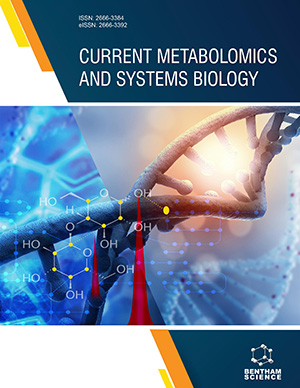Abstract
Coronavirus disease 2019 (COVID-19) has been a major global health crisis since the influenza pandemic of 1918. Based on data from in vitro studies, traditional antimalarial agents, chloroquine and hydroxychloroquine, have been proposed as potential treatment options for patients with COVID-19. Both these medications have also been noted to prolong the QT interval, which increases the risk of drug-induced torsade de pointes (TdP) or sudden cardiac death (SCD) when used in non-COVID-19 patients. We reviewed the published clinical studies evaluating the QT interval in COVID-19 patients treated with chloroquine/hydroxychloroquine with or without azithromycin. A literature search using Google Scholar, and PubMed was done for studies published from December 2019 to September 2020. Studies with no specific description of the QT interval were excluded from this review. We identified twelve studies that qualified our criteria, which included 2595 patients. This review addresses the pathophysiology of QT prolongation and the incidence of the magnitude of QT prolongation associated with these medications when used in the treatment of patients admitted with COVID-19. Although most incidences of QT prolongation occurred two or more days after the initiation of these medications, early events of QT prolongation on the first day of therapy have also been reported. Notably, the combination of chloroquine/hydroxychloroquine with azithromycin was associated with a higher incidence of QT prolongation. Although QT prolongation is evident in all the described studies, none of these studies were designed to address the risk of QT prolongation associated with these medications in the outpatient setting or when used as prophylaxis against COVID-19. With the currently available literature, caution with close monitoring of the QT interval is advised when using these antimalarial agents in patients hospitalized with COVID-19 infection.
Keywords: Chloroquine, Coronavirus disease 2019, Covid-19, Drug-induced torsade de pointes (tdp), Hydroxychloroquine, Hydroxychloroquine and azithromycin, Qt prolongation, QTc prolongation, SARS-CoV-2, Sudden cardiac death.






















